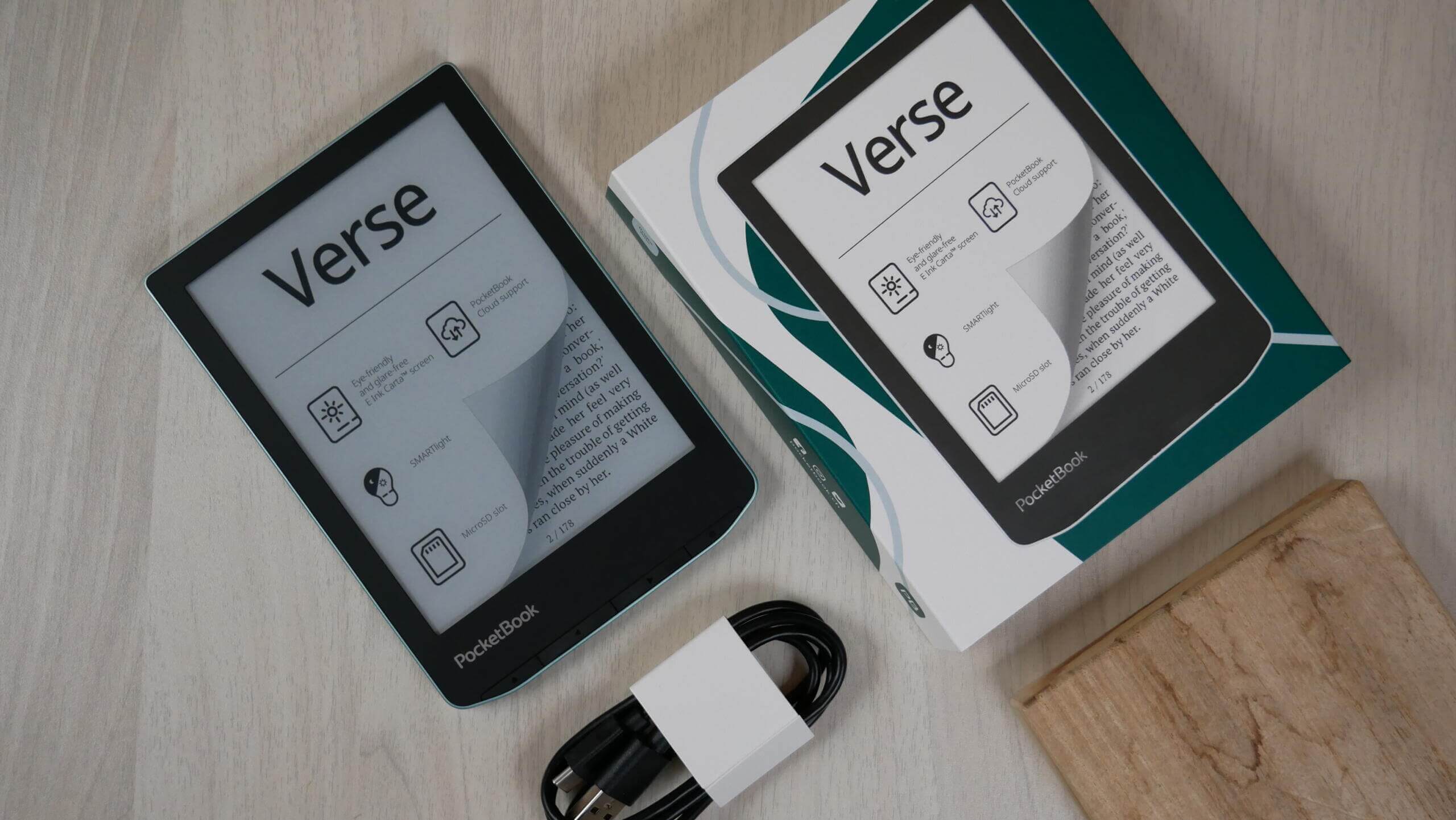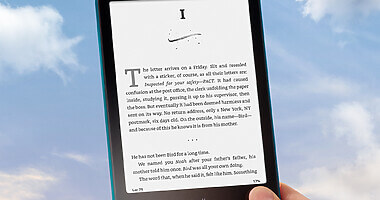Book bans have become a common concern in schools nowadays. Parents have been visiting schools and asking officials to take down the books for objectionable contents. On asking what their main concern regarding the book is, they would often submit paperworks with book reviews for each.
As per USA Today, parents/activists (nearly 1500 miles north in Maine) were quite busy last year, asking the school district to ban certain books. In fact, there was a group called Save Our Schools that jotted down 95 books and visited the district to get it thoroughly reviewed. Parents also provided a set of instructions to the school directing them about how to check their research during a board meeting.
As the book ban requests got common, it was seen that most of these reviews have one thing in common. They are all sourced from a website called BookLooks.org. Started back in 2022, the website is considered a book-rating system. It has also been used by an American conservative political organization called Mom’s for Liberty. The site, however, mentions that they do not support banning books.
BookLooks, according to their website, aims to “write and collect” detailed and simplified book reviews that’s focused on objectionable contents. These are books that include profanity, nudity, and sexual contents. The website also mentions further how their aim is to make these “reviews available to all parents so they can make informed decisions”.
Despite the claims, BookLooks became a fairly common platform for people who wanted to ban books from school. According to USA Today, when it comes to the book genres, it was used for banning books that are related to LGBTQ or sexuality.
Although the number of book ban attempts in connection with BookLooks are not known, according to a USA Today analysis, about 1900 out of the 3000 book challenges were for books featuring in BookLooks.org.
Emily Knox, an associate professor who also studies intellectual freedom and censorship at the University of Illinois Urbana-Champaign talked about the matter with USA Today. “What this says to me is that people don’t trust the expertise of librarians − they say, ‘This random website knows better than you do, even though you have schooling and this is your profession.” she mentioned.
“The real problem is that people try to say, ‘I know what’s best for the school system, and for the library, and the library should reflect my own values − no matter what the values are of other people in the community.'” she added.
Navkiran Dhaliwal is a seasoned content writer with 10+ years of experience. When she's not writing, she can be found cooking up a storm or spending time with her dog, Rain.






